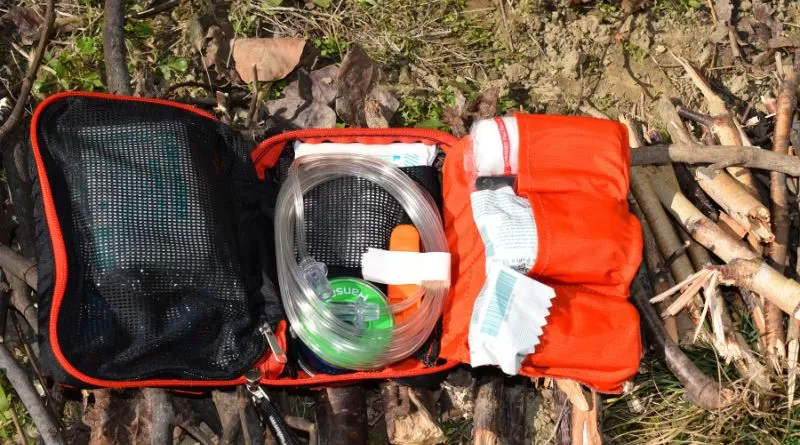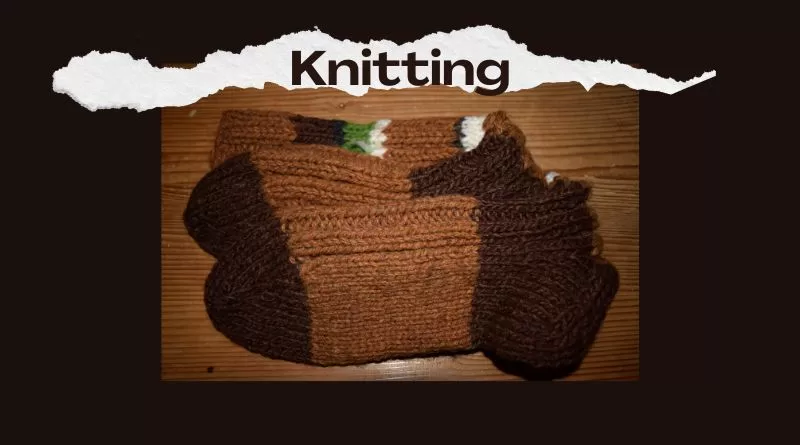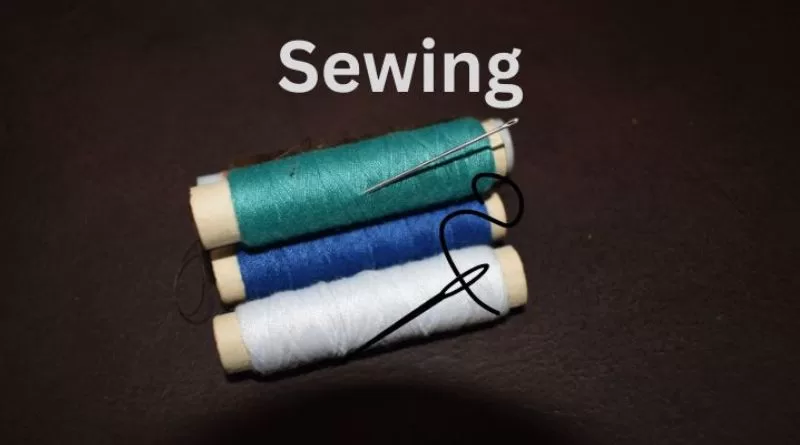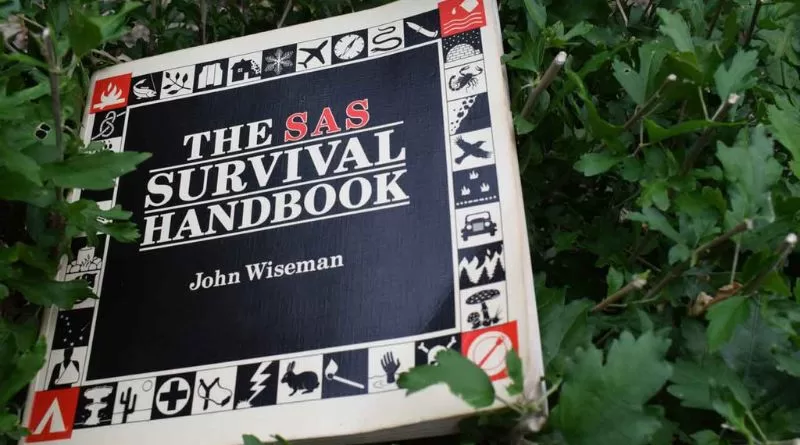8 Essential Prepping Skills
Prepping isn’t only about stocking up on the essentials, having stores of essentials is great, but preppers also need to learn these essential prepping skills. What’s the point of having 6 months’ worth of food if a person does not know how to cook? Or medical supplies for a wide variety of ailments if the prepper does not have even basic first aid training. I have read hundreds of posts on Reddit and other forums discussing what to stock up on, where to get the best deals, and how to store food, water, and medicine. I have even seen people discussing how to pack clothes for long-term storage. But rarely do I see a post asking “how do I use this?” or “how do I learn to do that?”.
The majority of preppers that I know seem to think that having a large stockpile is enough. Most gear has a finite life span, and of course, one must also consider wear and tear, maintenance, and knowledge of how to effectively use the gear. So let us discuss the 8 essential prepping skills all preppers should have.
Let’s start with the basics.
First Aid
First aid is the most important prepping skill, everyone should learn first aid. The more advanced the better, but if advanced first aid is not an option at the very least, learn the basics. The ability to treat injuries and ailments is indispensable. Knowledge of first aid can improve the quality of life, and even save lives. Knowing how to splint a broken limb, clean and dress wounds, and what medicines to take for certain ailments is not only one of the essential prepping skills but also a vital life skill.

How To Purify Water
Having large stores of water is wonderful, but once that runs out, preppers need to know how to purify sourced water to make it potable. From the most basic methods (boiling) to alternative methods of purifying water, such as using bleach, solar distillation, iodine, or even make-shift water filters. By far the simplest method is to use a water filter, I use the Sawyer Mini. Just be aware that the Sawyer Mini does NOT work in all scenarios, so read the instructions carefully.
Shelter Building
The majority of preppers plan to bug in, bugging out is always a last resort, and even then it is usually to a bug-out location. The assumption is that shelter will be available, sooner or later. With only a short stint of sleeping rough while traveling to the bug-out location. But what if the disaster that struck means that both the home base and the secondary location shelters are both destroyed? Basic shelter-building skills are essential.
DIY Skills
I have always assumed that most people have some basic DIY skills, but little did I know how wrong I was until I went to work overseas. A light switch breaks, and my friends called an electrician, a leaky faucet, and it’s an urgent call to a plumber. At the very least, learn to fix things around your own home. Plumbing, basic carpentry, electrical wiring, learning to mix cement, plaster a wall, and replace a roof tile. These skills will not only fare you well if disaster strikes but will come in handy in your everyday life as well.
TIP: buy some tools and supplies. I couldn’t believe it when my neighbor wanted to borrow a pair of pliers, now who doesn’t own a pair of pliers?
Home Management Skills
Managing a home is more than vacuuming the floor and doing the dishes, practice the home management skills that our parents and grandparents learned.
Cooking, everyone should know how to cook. It is an essential life skill, you do not need to be a master chef, but for goodness sake learn the basics.
Cleaning and hygiene are important, just because the SHTF, does not mean you need to live in a dirty environment, remember, dirt brings disease.
Sewing is a skill rarely used nowadays, if a pair of pants are ripped, most people would just buy a new pair, but knowing how to patch up torn gear can be very useful.
How To Do Laundry by Hand, ever tried to do all your laundry by hand for a couple of months, it’s not as easy as it sounds, it takes a little bit of practice and know-how to properly wash clothes by hand, especially if water rationing is an issue.
Knitting, while not as important as learning to sew, knitting is not a hard skill to learn and is very therapeutic, so why not? The warmest pair of socks and beanie I own is hand-knitted.

Sharpening kitchen knives, learn to sharpen your kitchen knives, a sharp knife is an essential survival tool, once you know how to sharpen your kitchen knives, you will be able to sharpen any knife (except a serrated knife which is a pain to sharpen).
Stocking the pantry may sound like just chucking things in there, but it requires inventory control to know what to stock up on, and a FIFO (first in first out) management system to keep track of sell-by (expiration) dates.

Food Preservation Methods
Learn how to preserve food for leaner times, methods such as canning, salting, smoking, and pickling. Technically, this skill should go under cooking above, but I listed it down near the end as not everyone has a space to practice these and therefore will have to rely on store-bought items to stock the pantry with.
Budgeting/Frugality
Often overlooked as a prepping skill, learning how to budget and be frugal is just as important as having a well-stocked pantry. In a SHTF scenario, you will be surviving on what you have stocked up. You will need to know how to ration, and not waste any of your stores. Learn to upcycle, recycle and keep wastage to a minimum.
Outdoor Survival Skills
You never know when disaster may strike, you have stocked up your home, and have a secondary location all prepared for if you have to bug out. But what happens if disaster strikes while you are on a road trip, commuting long distances, or on vacation and you are stuck in the outdoors?
If you don’t know where to start, buy a copy of the SAS Survival Handbook by John (Lofty) Wiseman, the best-danged outdoors survival handbook there is. It will teach you how to build a fire, shelter, find water, purify water, make a snare, hunt, trap, fish, forage, and survive in the outdoors.

The Image above is of my copy of The SAS Survival Handbook, John Wiseman has since UPDATED the book, with additional information. If you want a peek at the updated version of the book on Amazon, here is a handy link to the Updated SAS Survival Handbook.
As an Amazon Associate we earn from qualifying purchases. IF you purchase the book through the links on our site, we will earn a small commission from amazon, at no extra cost to you.
Self-Defense
In a perfect world, when disaster strikes, everyone pulls together and we all help each other through the tough times. Sadly, we do not live in a perfect world. Learn self-defense, and prepare a method of defending yourself, your family, and your home. Whichever self-defense method you choose, be it pepper spray, a stun gun, a handgun, a shotgun, or a baseball bat. Make sure you not only know how to use it but have practiced using it regularly.
Situation Awareness
Situational awareness is a state of mind whereby a person is consciously aware of their surroundings. I am surprised at the difference there is in situational awareness between the younger generation and my generation. Technology has played a significant part in the decline of SA over the last couple of decades. But it’s not the only contributing factor, as the quality of life has gone up, people have become complacent. They ignore the potential dangers around them until it is too late.
Conclusion:
Many of these are basic skills that in the past most people would know to a certain degree, the rapidly changing lifestyle in western society has lowered the priority for the younger generation to learn these basic life skills.
In the past, everyone knew that water had to be treated before consumption, most people nowadays just turn on the tap. If you get sick, see a doctor. Laundry day? Just throw it in the washer and press a button. If a piece of clothing is worn out or torn, throw it away and buy a replacement.
Which is all good and fine, until disaster strikes, and there are no doctors available, the taps run dry and there is no power for the washer. A relatively short disruption can be disastrous for those who are unprepared. Learn and practice these 8 essential prepping skills, not only will they make you a better prepper, but these are skills that Will come in handy in everyday life.